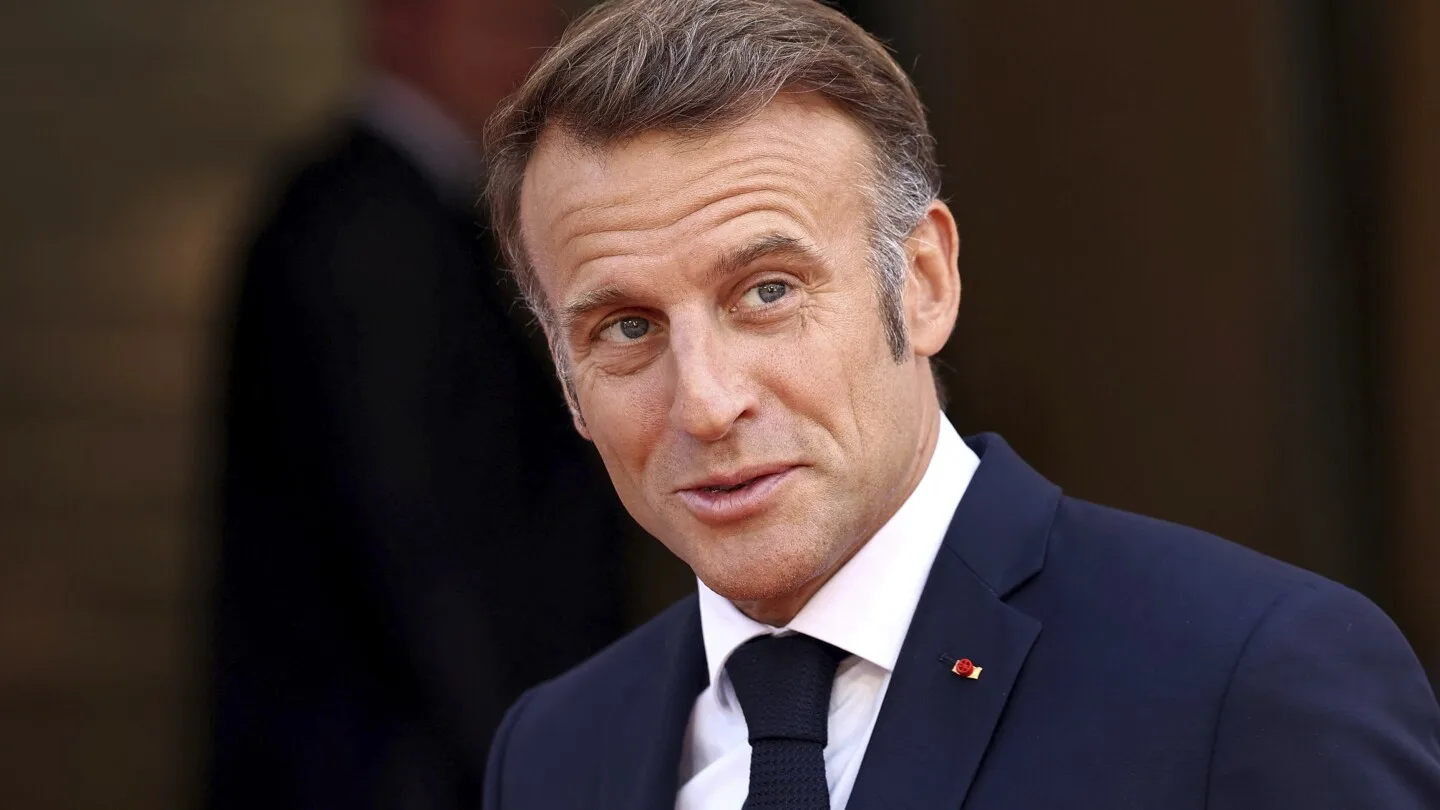In a bold diplomatic move, French President Emmanuel Macron announced that France would officially recognize a Palestinian state. The decision, following similar actions by the UK, Canada, Australia, and Malta, has sparked renewed tension with Israel and the United States, while reigniting discussions on the two-state solution amid ongoing conflict in Gaza.
New York City Proposes Legislation to Protect Mental Health Amid AI Chatbot Concerns
What Happened
Macron’s announcement comes amid escalating Israeli military operations in Gaza, which have caused a humanitarian crisis. In a letter to Israeli Prime Minister Benjamin Netanyahu, Macron emphasized that his commitment to recognizing Palestine stems from the belief that peace is essential for Israel’s security. He described the situation in Gaza as “frightening” and urged immediate steps toward resolution.
Netanyahu strongly rejected the idea of a Palestinian state, vowing to increase military operations in Gaza and accusing Macron of fueling antisemitism—a claim Macron called an “insult.” The US Ambassador to France, Charles Kushner, also expressed concerns, warning that recognition could strengthen extremist groups and threaten Jewish communities, particularly in France.
Who Is Emmanuel Macron?
Since taking office in 2017, Emmanuel Macron has established himself as a key player in international diplomacy, advocating a multilateral approach to global issues. His decision to recognize Palestine aligns with his broader foreign policy goals of promoting peace, human rights, and justice. While controversial, Macron’s stance reflects his commitment to support marginalized populations and uphold international law.
Background and Timeline
The recognition of a Palestinian state has been a longstanding topic in international diplomacy, with many countries offering symbolic support for a two-state solution. France’s announcement coincides with intensified violence in Gaza, where Israeli military actions have caused significant casualties and widespread destruction. European leaders, including Macron, have called for de-escalation and emphasized the humanitarian situation.
While largely symbolic for some Western nations, analysts suggest that France’s recognition adds diplomatic pressure on Israel and could reinvigorate efforts toward a two-state solution. Critics, however, argue that it may have limited impact on the ground in Gaza, where living conditions remain dire.
Public and Social Media Reaction
The announcement has sparked a heated debate online. Supporters view the recognition as a step toward peace and justice for Palestinians, while opponents, especially in Israel and among its allies, argue that it could compromise Israel’s security and embolden extremist groups. Social media has seen active discussions from both sides about the potential impact of Macron’s decision.
Official Statement and Next Steps
Macron’s recognition has inspired new diplomatic efforts, including initiatives to condemn Hamas attacks and promote political engagement without violence. However, the Palestinian Authority continues to face internal challenges, including allegations of corruption and inefficiency.
The international community remains divided on the next steps. Some Western nations advocate strengthening the Palestinian Authority to represent Palestinian interests, but ongoing Israeli military operations and internal divisions make a lasting peace and the establishment of a Palestinian state uncertain in the near term.
Conclusion
France’s recognition of a Palestinian state marks a significant diplomatic milestone, reflecting Macron’s commitment to peace, human rights, and the two-state solution. While the move has sparked tensions with Israel and its allies, it also highlights the importance of diplomatic engagement and international support in resolving long-standing conflicts in the region. The coming months will be critical in determining whether this decision leads to constructive dialogue or further geopolitical tension.

